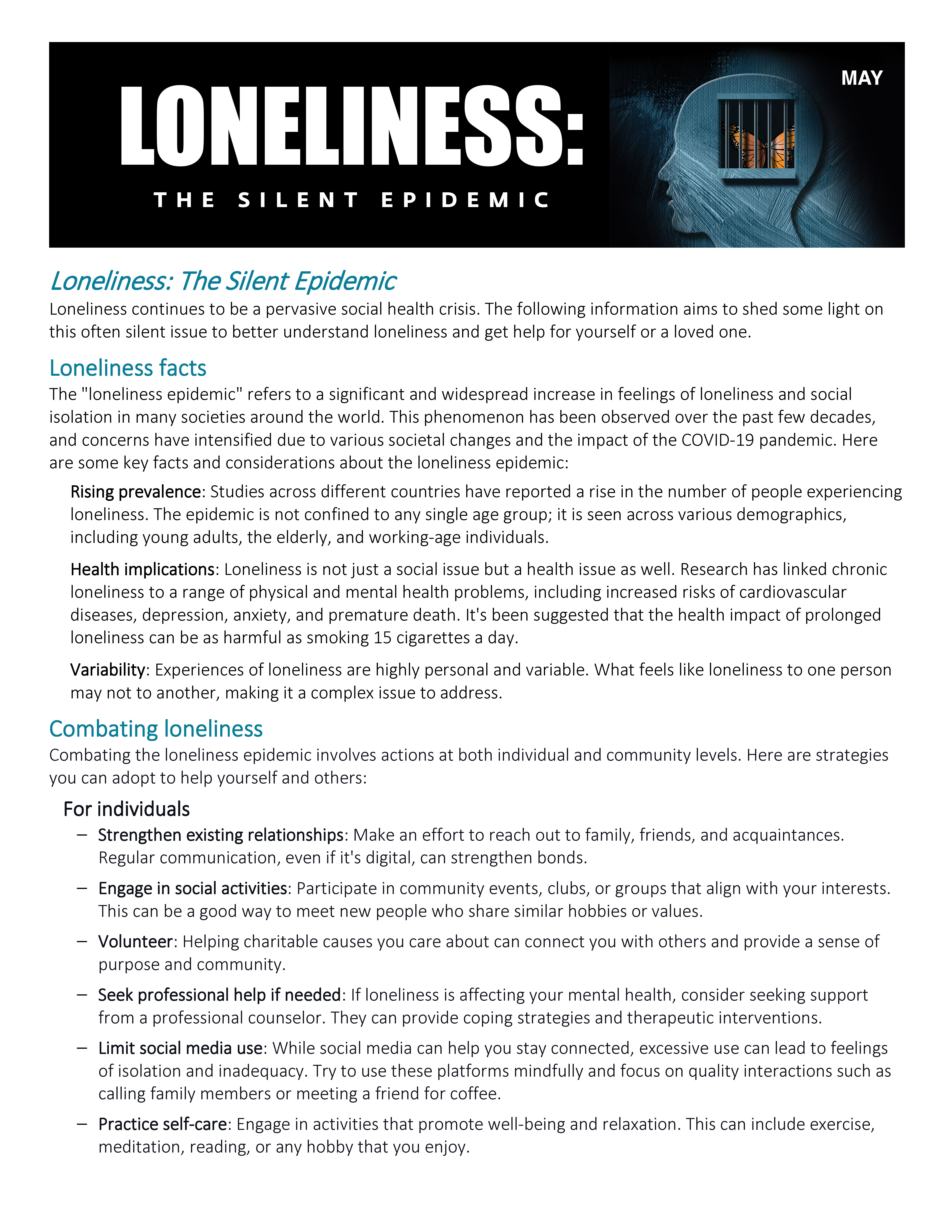|
Debt Management and Reduction Strategies
Many people experience debt from time to time, but with the right approach, you can take charge, reduce it, and move closer to financial freedom. Instead of feeling overwhelmed, let’s use those emotions and turn them into motivation. Here are some tips to help you take back control of your finances.
- Know what you owe
Understanding your total debt allows for better prioritization and planning. Begin by listing all your debts by creditor, including the amount owed, annual percentage rates, and minimum payment amounts.
- Set a goal
Whether small or large, it’s helpful to have an end goal to work toward. Even small gains can help you stay motivated.
- Establish and adhere to a budget
A realistic budget helps you live within your means. Allocate a portion of your income to essentials, savings, and debt repayment. Create a tool that works for you and analyze your spending habits. Look at your finances one month at a time, tracking your spending closely and identifying areas where you can cut back, such as dining out or subscription services.
- Prioritize high-interest debt
Focus on paying off debts with the highest interest rates first — this is often called the avalanche method. Alternatively, you can use the snowball method, which involves tackling smaller debts first to build momentum. Choose the method that motivates you the most.
- Consider consolidation
If you’re juggling multiple debts, think about consolidating them into a single loan or credit card with a lower interest rate. This can simplify payments and potentially save money on interest. Be sure to understand the terms before committing.
- Negotiate with creditors
Contact your creditors to explore options for reducing your interest rates or establishing a repayment plan. Many creditors are willing to accommodate you if you are proactive and honest about your circumstances.
- Steer clear of taking on new debt
It’s all too easy to fall into the trap of using credit for those tempting non-essential buys, but resisting that urge can be a game-changer. Instead, focus on living within your means and cultivate a habit of saving for future expenses. This will not only enhance your financial stability but also liberate you from the burden and cycle of debt.
- Seek professional support
Consulting a financial advisor or credit counselor can make all the difference. These experts will work with you to create personalized strategies to address your situation and may even negotiate with creditors on your behalf.
Your Employee Assistance and WorkLife Programs are also here for you. Financial services are included in your program benefits, so call us any time to schedule a free consultation with a financial expert or request additional resources.
|






